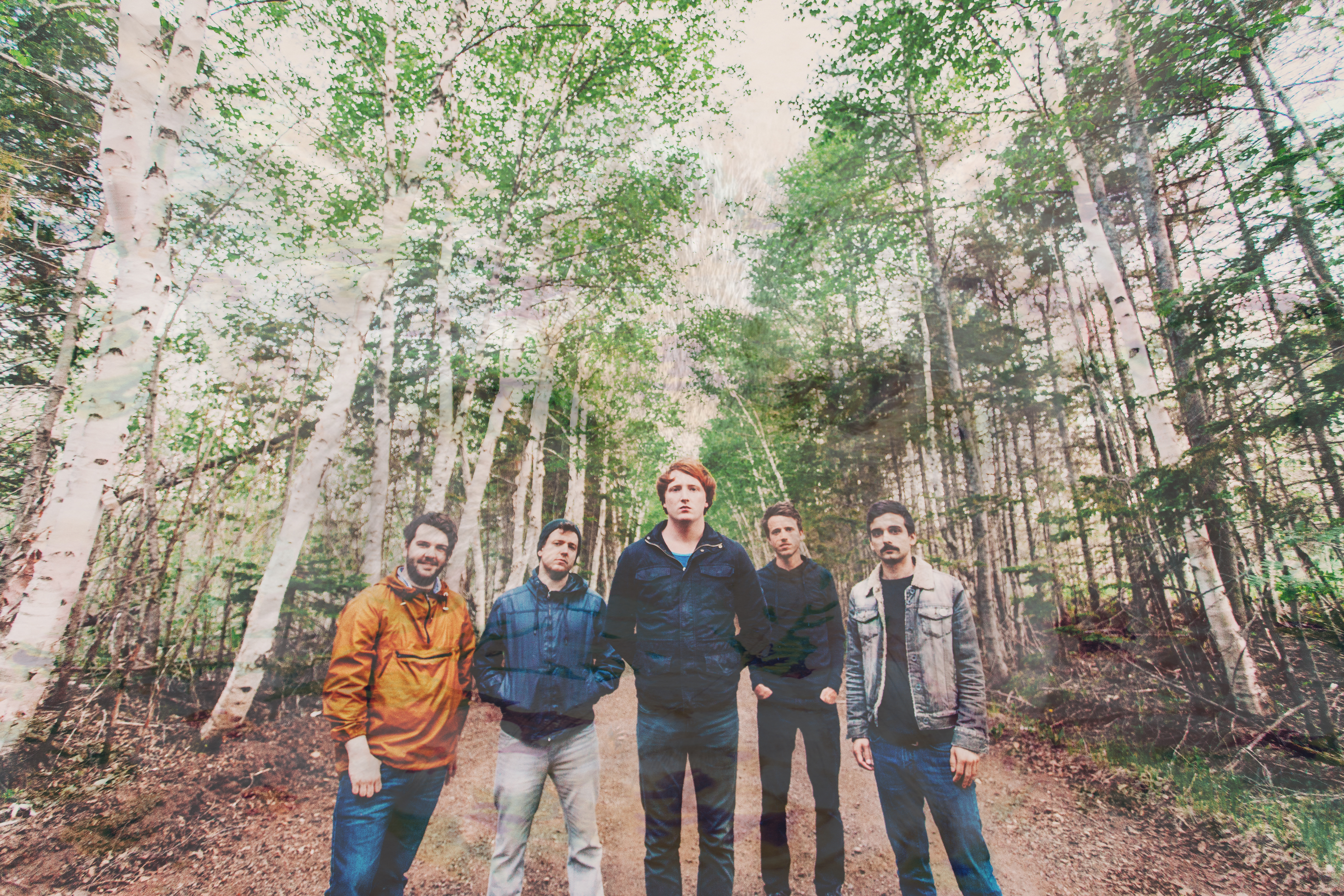At first listen, the five-piece band Coyote may seem like the garden variety pop-rock group, but as you work through their EP Proof of Life, the Charlottetown, PEI group’s dimensions and complexity become clear.
The six song EP is well set up; the songs move from upbeat to reflective, but somehow don’t lose energy in the process.
Proof of Life is worth repeated listens; the first listen had me unimpressed with occasionally insubstantial lyrics, but going back, I enjoyed the singer’s vocals enough to make up for it. The lyrics become more meaningful as you move through, accompanied by thoughtful soundscapes made up of salient guitar solos and animated keyboarding.
The EP’s synth is reminiscent of Motion City Soundtrack, but the vocals are far more robust than those of Motion City’s lead singer Justin Pierre; in fact they are more similar to U2’s Bono (in the best way possible).
The opening track on Proof of Life grabs your attention with energetic piano and pop synth, and exhibits frontman Josh Carter’s wide vocal range.
The title track “Proof of Life” displays Carter’s vocal abilities to their fullest and makes the track more than a little addictive. The emotion is raw and compelling and the rest of the band takes well-coordinated breaks while Carter urgently asks, “What do you do when the truth becomes a lie?”
He goes on to question the difference between wrong and right, and choosing light over dark. The metaphors are clichéd, but Carter gives them new feeling – he believes enough in what he’s saying to convince the rest of us of his sincerity.
The next and final track opens with dreamy acoustic and electronic guitar. Carter fades into the background, seemingly gutted after his last exclamation. Halfway through the group catches their breath and begins to pick it up.
Coyote seems to be operating under the premise that they have only a little bit of time and a lot to say. It makes for an incredibly easy listen; compact song lengths and lack of repetition keep the EP from ever dragging.
My main criticism is actually the packaging of this album: the solemn, two-tone woman on the front cover gives no indication of the refreshing pop-rock tracks inside.
The photograph seems tritely artistic and to that end is a bad attempt at mainstream indie album art. The group might have been better off using a photo of their hometown, a place that’s a mystery to most of us and boasts the kind of natural landscapes (red sand beaches, say) that are also in vogue on album covers.
Overall, Coyote has almost too many directions it can go in, so I can hardly blame them for not being able to nail down the perfect signature image on their first EP.
The EP was an appropriate showcase; however, Coyote’s first full-length album should be more focused and individual, or they risk going the way of Mumford and Sons, becoming another icon of radio popularity.


